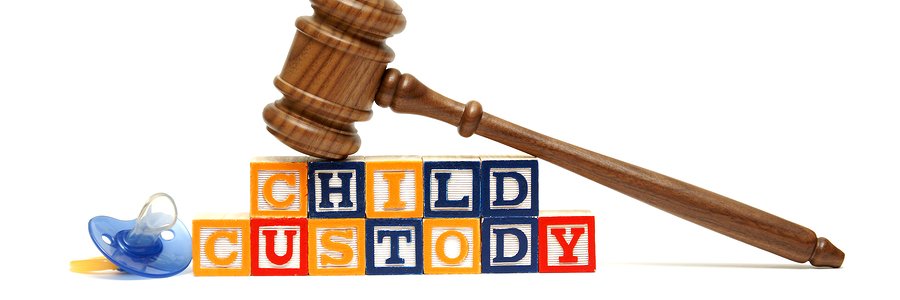Georgia law permits a court to modify physical or legal custody of a minor child granted under a prior award “upon a showing of a change in any material conditions or circumstances of a party or the child.”(1) In an action to modify a child custody award, if the court finds new and material changes in the conditions and circumstances substantially affecting the interest and welfare of a child, it must then base its new custody decision solely on the best interest of the child and what will best promote the child’s welfare and happiness.(2) When applying those standards, a court at times will face attempts by a party to introduce evidence of conduct or events occurring prior to the last custody award. This article explores the extent to which a court may consider such evidence in a proceeding to modify child custody.
Historically, Georgia appellate courts have held that a judge may not consider the circumstances or conduct of the parties prior to the last custody award in evaluating parental unfitness or changes in material conditions or circumstances.(3) The Supreme Court of Georgia explained the rationale for that rule on appeal of a judge’s refusal to admit evidence regarding the parties’ conduct prior to their divorce decree, in a mother’s habeas corpus action against the father for withholding child custody contrary to the decree.(4) The mother had offered the evidence to show that no change of condition had occurred and that the father was unfit for custody(5). In affirming the judge’s ruling, the Court held in relevant part:
The issue here of fitness concerns present fitness, based on conduct since the divorce, and the conduct of the parties before the divorce is not now material since it relates to their past conduct which has already been considered in the former adjudication giving the mother custody at that time. The judgment awarding custody to the mother was conclusive that she was a fit custodian at that time, but the evidence admitted in this case should show whether or not she is now a fit and proper custodian... [E]vidence as to the unfitness of the parties here must be confined to matters transpiring subsequently to the decree.(6)
In contrast, relatively recent decisions of the Georgia Court of Appeals have supported the admissibility of evidence, regarding conduct prior to the last custody award, for the purpose of determining the best interest of the child in a custody modification action.(7) The rationale for that holding was explained as follows:
In this case, the trial court did not improperly consider [the father’s] conduct prior to the [last] custody award in determining his present fitness. Rather, it considered those prior matters, including the brief duration of his two previous marriages, in making its determination as to the best interest of the child. Such considerations were appropriate since, ‘[i]n determining the best interests of the child, the judge may consider any relevant factor [.]’ Those relevant factors include the importance of continuity in the child's life, the stability of the family unit of the parents, and each parent's past performance of parenting responsibilities.(8)
Because our Supreme Court has not yet addressed the Court of Appeals’ rulings on judges’ consideration of prior conduct for best interest evaluations, it remains unclear whether such evidence will continue to admissible in actions to modify child custody.
(1) O.C.G.A. § 19-9-3(b).
(2) O.C.G.A. § 19-9-3(a)(2); Viskup v. Viskup, 291 Ga. 103, 105(2), 727 S.E.2d 97 (2012); Simmons v. Wilson, 343 Ga.App. 857, 858, 862(4), 806 S.E.2d 267 (2017); Driver v. Seine, 327 Ga.App. 275, 758 S.E.2d 613, 615 (2014); Lynch v. Horton, 302 Ga.App. 597, 692 S.E.2d 34, 38(4) (2010); and Moses v. King, 281 Ga.App. 687, 690(1), 637 S.E.2d 97 (2006).
(3) Redmond v. Walters, 229 Ga. 713, 194 S.E.2d 254, 254-255 (1972); and Mallette v. Mallette, 220 Ga. 401, 402-403(1), 139 S.E.2d 322 (1964). Accord, Scott v. Scott, 276 Ga. 372, 376, 578 S.E.2d 876 (2003); and Mink v. Mink, 195 Ga.App. 760, 762, 395 S.E.2d 237 (1990) (physical precedent).
(4) Mallette, supra, 220 Ga. at 401-402.
(5) Id., at 402(1).
(6) Id., at 402-403(1).
(7) Price v. Wingo, 306 Ga.App. 283, 284, 701 S.E.2d 904 (2010). Accord, Fifadara v. Goyal, 318 Ga.App. 196, 200-201(2), 733 S.E.2d 478 (2012).
(8) Price, supra, 306 Ga.App. at 284 (citations omitted).
